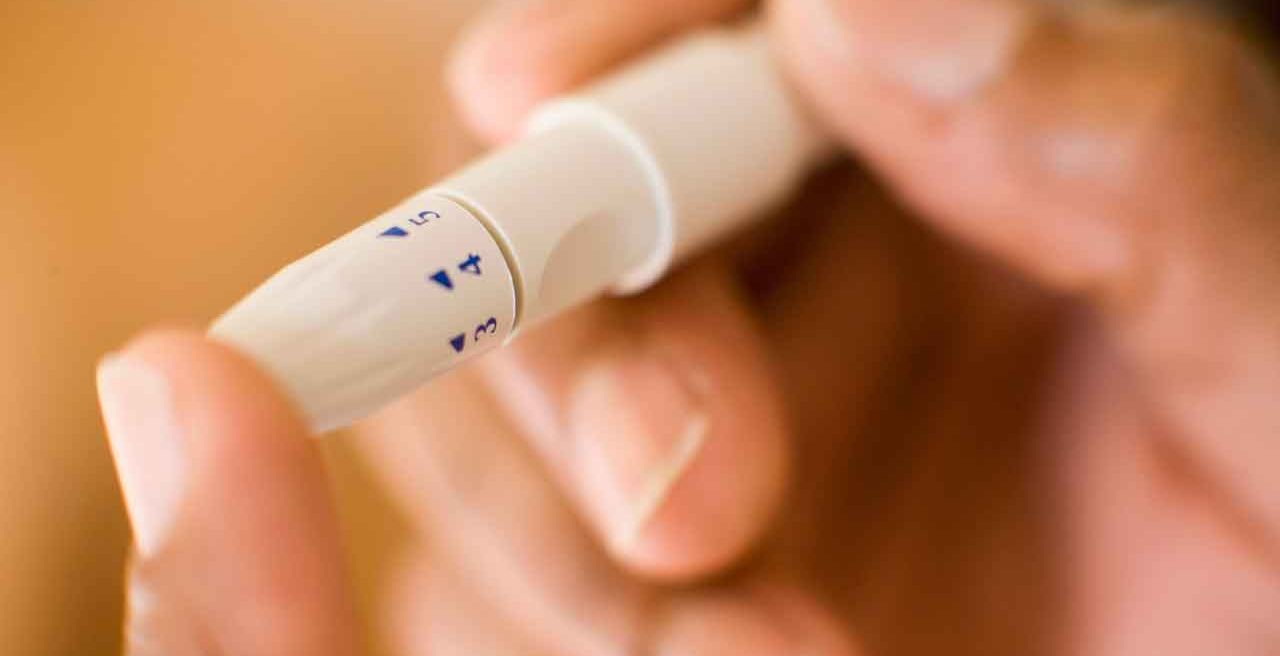How Diet May Affect Your Blood Sugar

People react differently to identical foods, suggesting the wisdom of a personalized diet.
Based on studies that have linked persistent high blood glucose levels to increased risk of obesity and diabetes, a team of researchers is saying you may have your diet all wrong.
One study has found that individuals react very differently to the same foods, with high spikes in blood glucose coming even from foods that are typically considered healthy. One middle-aged woman in the study, for example, had reportedly tried many diets but failed to lose weight.
YOU MIGHT ALSO LIKE: “Bad” Foods and Diabetes
Blood tests found her glucose levels shot up after eating tomatoes, which she included in her diet deliberately because they are considered “healthy.” In another participant, his blood sugar spike higher after eating sushi than it did after he ate ice cream.
The upshot of the study for you is that no one diet fits all, the researchers say.
“After seeing this data, I think the possibility that maybe we’re really conceptually wrong in our thinking about the obesity and diabetes epidemic,” said researcher Eran Segal of the Weizmann Institute of Science in Israel.
“The intuition of people is that we know how to treat those conditions, and it’s just that people are not listening and are eating out of control – but maybe people are actually compliant but in many cases we were giving them the wrong advice.”
Segal and his research team focused on the measurement of blood glucose spikes, which is known as the glycemic index. Used for decades and still up for debate among researchers in terms of its usefulness, the index has assigned fixed numbers to certain foods.
But the study results contradict those fixed numbers by finding that the same foods, which included a wide range from salads to ice cream, produced different individual glycemic spikes.
The researchers have licensed their approach to a commercial venture to develop a tool that can come up with individualized nutrition plans, particularly for those with diabetes and obesity. For now, all they can really say is that one diet plan working for you may not be ideal for someone else.
YOU MIGHT ALSO LIKE: Even Now, the Stigma of Diabetes Remains a Challenge
The researchers do add that they have made changes to their own diets after testing themselves. Study co-author Eran Elinav reduced his consumption of bread and beef after tests indicated high glucose spikes. Segal chose to avoid sushi and bread after his test results. Both also consumed foods and beverages that they expected would spike their glucose levels, such as desserts and beer, but didn’t.
The study has received its share of criticism, mostly over its lack of true usefulness. Lua Wilkinson, a doctoral candidate in nutritional sciences at Cornell University, told The Washington Post that while the study shows “the way people control their blood sugar involves more than carb intake or glycemic index … it said nothing about health effects or weight loss.”
Other critics have said you can’t base a healthy diet just on “short-term” blood sugar responses because they are complicated, and more data is needed. Criticism also has been aimed at the researchers’ use of blood sugar spikes as indicators rather than insulin levels that would better establish whether you are developing insulin resistance and are at risk for diabetes.
Still, it’s a new piece of the puzzle that could lead to consumer products and personalized health plans. You will probably be using those in the near future as this study spurs more research that answers more questions.
In the meantime, it’s at least good food for thought, and it may turn out to be one reason why your sister loses weight and you don’t – even while you both stick to branded diet plans that tell you exactly what to eat.
YOU MIGHT ALSO LIKE: Can High Blood Sugar Make You Lose Your Mind?
Updated:
February 28, 2020
Reviewed By:
Christopher Nystuen, MD, MBA